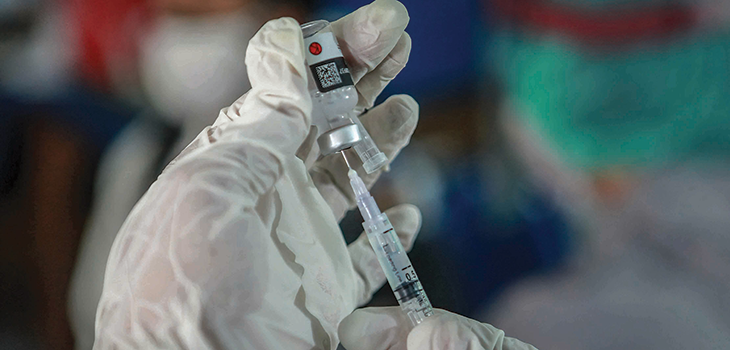
The Joint Committee on Vaccination and Immunisation (JCVI) recently announced that the benefits of the COVID vaccine for 12-15-year-olds are so marginal when compared against the risks, that they are not recommending vaccination in that age range. The government was quick to point out that the JCVI had not been required to factor into their analysis potential wider societal benefits, and reserved the right to obtain further advice and then proceed with a vaccination programme in any event. That has triggered a national discourse on consent and the concept of Gillick competence, which has demonstrated, if nothing else, that parents have very little understanding of their children’s autonomous right to consent to medical treatment.
What is barely being discussed, however, is the more difficult question of how informed consent can be obtained, having regard to the decision in Montgomery, even among those children who have the requisite capacity.
Capacity to consent
People aged 16 or over are entitled to consent to their own treatment.











